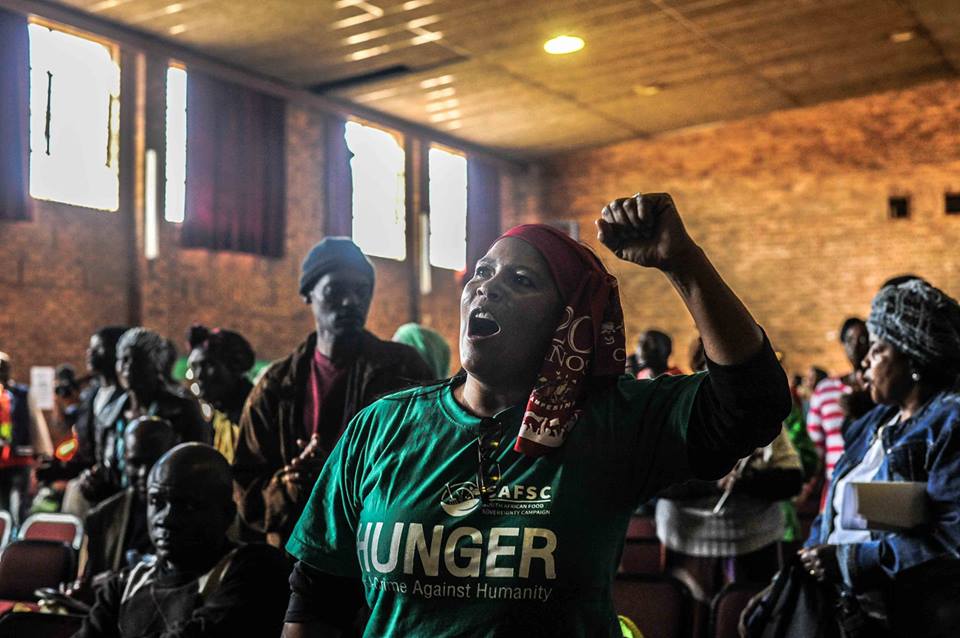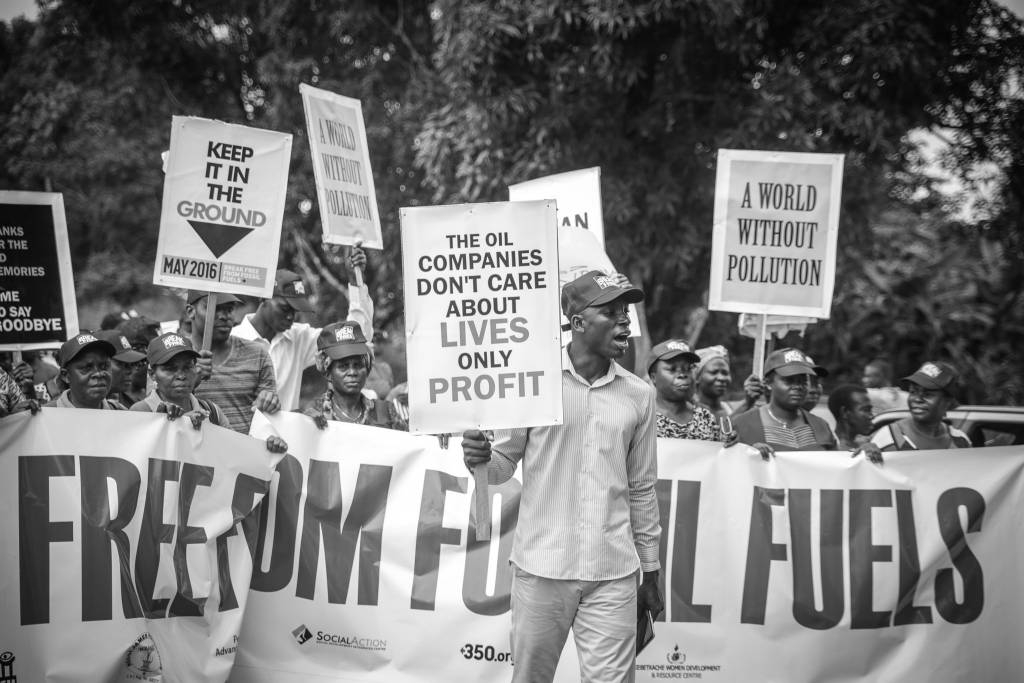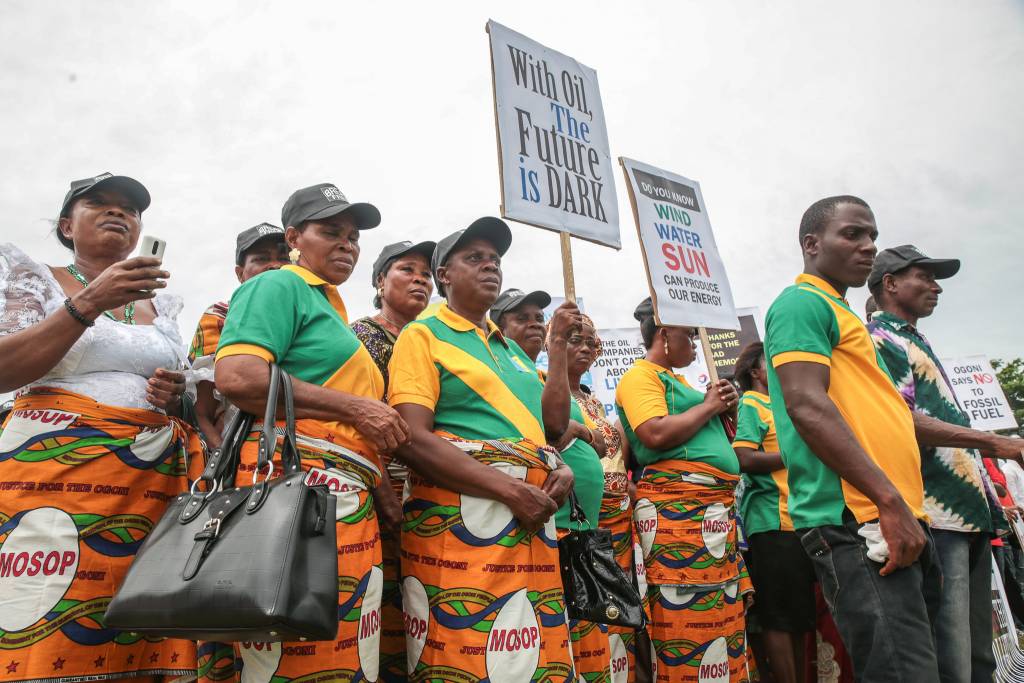By Lerato Letebele, Africa – Arab World Communications Coordinator
Africa’s climate struggles are set to take centre stage at this year’s annual UNFCCC Conference of the Parties meeting from 7-18th November. Host country Morocco will see its city, Marrakesh, come to life as politicians, civil society and climate activists from all over the globe, convene to discuss climate change and its implications for developing countries. The meeting provides a critical space to engage in dialogues about tackling climate impacts while encouraging sustainable development growth alongside widespread community resilience.
Prone to relentless weather changes and warming up significantly over the last decades, Africa has been exposed to droughts and floods that severely affect agricultural productivity, escalating water and food insecurity. By 2030, water stress-related conflicts will increase and spread across the region. As hunger continues to be a reality in Southern and Eastern parts of Africa, millions are still facing the worst food crisis in years.

The Paris agreement negotiated by 196 heads of state last December is set to enter into force on November 4th, just 3 days before the start of the next UN meeting on climate change. A significant reduction in CO2 emissions worldwide is required in the next 10 to 20 years if we are to achieve the limits set out in the Paris Agreement. Development in Africa should rely on the use of renewable energy as opposed to fossil fuels. Africa can be the champion for the next industrial revolution.
COP22 should spark the energy among Africans to ignite the necessary political will, creativity and world wide economic support for adaptation measures alongside renewable energy technologies that can shape the sustainable future we all aspire for.
Africans want to see their governments put those pledges into action. Now more than ever, civil society must call on African leaders to freeze new fossil fuel projects aimed at long-term development and energy supply throughout the region.

Photo by Babawale Obayanju
Collectively, African states must commit to an immediate halt of all new carbon projects. Renewable energy is fast becoming a revolutionary economic force for a just transition away from fossil fuels, empowering frontline communities with apt resources to respond to the looming crisis.
We believe an African grassroots movement can hold leaders accountable to the principles of climate justice that require reparations for countries least responsible for climate change. The movement is rising from the bottom up as resilient climate warriors are coming together to champion solutions that will ensure a better future for all.
Climate change has in the last decades fast become the defining global issue of our time. Dangerously threatening the overall progress of nations and preventing them from achieving the Sustainable Development Goals (SDGs), particularly in Africa. Despite the fact that the African continent is the most affected by climate change and its impacts, Africans are courageously combating the threat.

Photo by Babawale Obayanju
350Africa Arab World team is focused on scaling up anti-coal campaigns in Ghana, South Africa and Kenya as well as building connections with groups in North Africa for anti-fracking campaigns. In South Africa we are extending the divestment campaign and increasing our regional presence through mobilising events on impacts and solutions.
Artivism is a mobilising tool that creatively engages and connects with people across race, religion and gender barriers. From graffiti workshops to theatre performances, 350Africa is using this empowering medium of self-expression to confront climate and social injustices.
Africa’s notion of climate activism translates into peaceful actions that intensify drastic change and overall reform to existing systems. The voluntary process of signing the Paris agreements means African governments collectively are making significant strides in the global fight to prevent further calamities. But the people need to hold governments accountable for the Paris Agreement to enable the dawning of a new era where people and the planet are not held hostage by the dependency and destruction of fossil fuels.